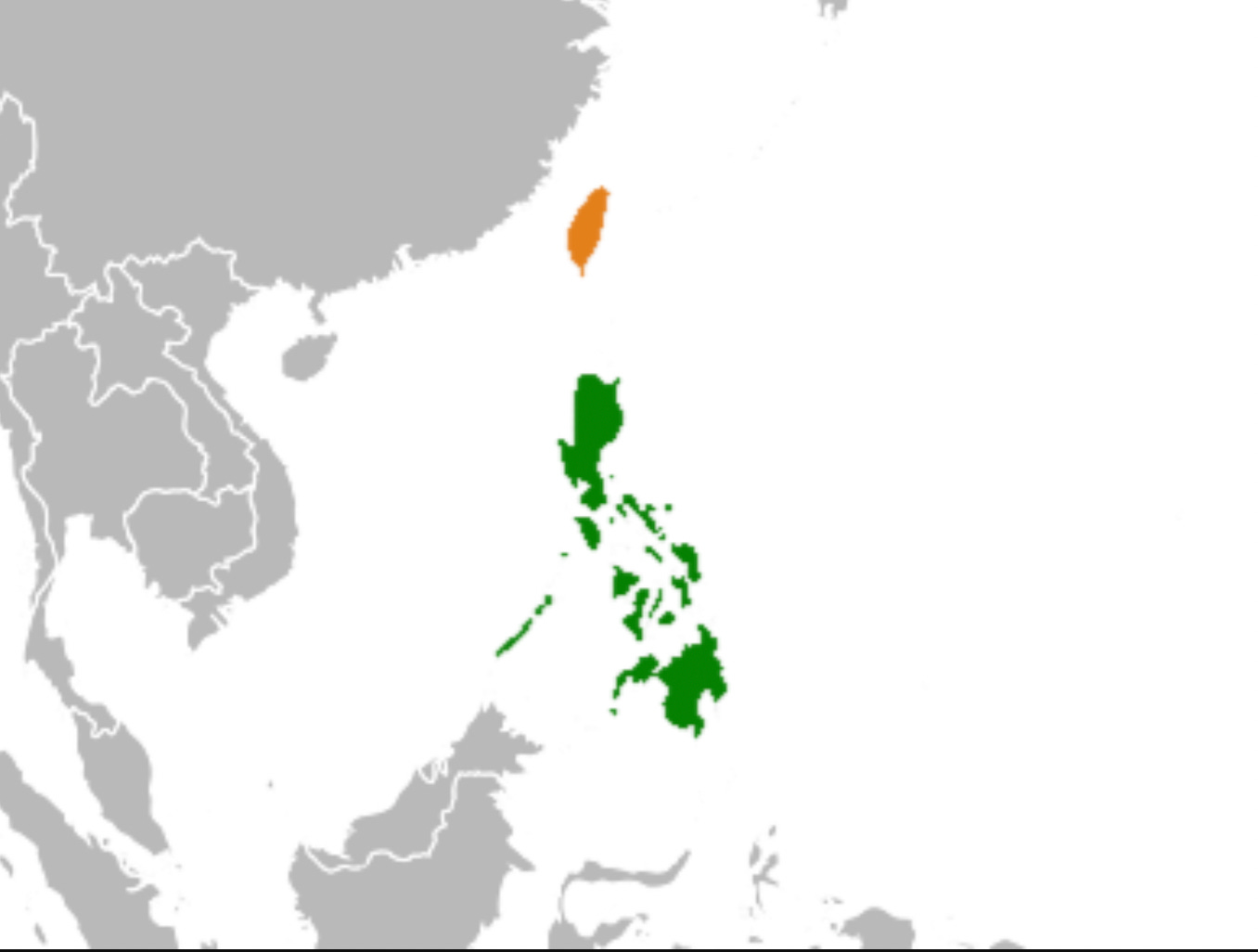Alliances can shift, leaders can change, the cost-benefit analysis of alternatives for one nation’s perceived interests will adjust to changing circumstances, but one thing that does not change on a human scale is geography.
You, and your nation, are where they are.
In the age of empires, the USA was a little late to the game once it consolidated its position on the North American continent. Momentum kept things moving west across the Pacific.
As this age of empire was about to close, the upstart American republic went to war with the decaying Spanish empire in its death throughs and as a result wound up with some cutting-room-floor former Spanish possessions in the Western Pacific and Caribbean.
Some we still have such as Guam and Puerto Rico, others like Cuba and the Philippines - really too big to digest - were in one timeline and fashion or another let to go their own way.
Ah, The Philippines. Great people with great food and wonderful friends with a bit of a tragic history of governance … but so much potential - a topic for another day perhaps, but I’m not unbiased in my love of the nation and its people.
A complicated relationship we’ve had with the Philippines in the last century and a quarter … but there is a closeness that - after awhile drifting away - is coming back.
If you have not yet, read yesterday’s Joint Statement of the Leaders of the United States and the Philippines.
Here’s the bit I found interesting.
The leaders underscore their unwavering commitment to freedom of navigation and overflight in the South China Sea, and the importance of respecting the sovereign rights of states within their exclusive economic zones consistent with international law. The leaders support the right and ability of Filipino fisherfolk to pursue their traditional livelihoods.
[A point of editorial privilege here unrelated to the core of this post: the next administration should find out if any non-political appointees were involved in using the word “fisherfolk,” identify them, and have them transferred to what is now an unpronouncable base in Greenland formally known as Thule. Bringing in domestic American Orwellian gender-war word games in to the serious world of international relations is both unprofessional and counterproductive. Then again, this is the State Department that pushed the pride flag from the Kabul embassy a few weeks before the Taliban forced our surrender, so there you go.]
The leaders note the ruling of the 2016 arbitral tribunal, constituted pursuant to the United Nations Convention on the Law of the Sea (UNCLOS). They affirm the importance of maintaining peace and stability across the Taiwan Strait as an indispensable element of global security and prosperity. The leaders convey support for Ukraine’s sovereignty, independence, and territorial integrity within its internationally recognized borders, noting that the conflict has adversely affected food and energy security in the Indo-Pacific.
A tie in to the ongoing issues between The Philippines and the People’s Republic of China with the existing Taiwan Strait issues is … geographically interesting. Just look at it yourself.
The “fisherfolk” asshattery aside, this is a not insignificant tie in and BZ to those who are seeing, I believe, the long term thinking this helps set the stage for future advancement of our interests. Long awaited and overdue, but you love to see it.
You can just see the tip of Japan on that map. There’s Vietnam to the west. Off the map to the south is Australia … if you can keep weaving connections here with a few other nations in the mix, that does something that, depending on where you sit, is either a solid front against PRC imperial expansion to the east and southeast, or an aggressive act.
Either works for me.
The leaders welcome cooperation with partners that share the United States’ and the Philippines’ commitment to international law and mutual respect, and in that spirit, they reaffirm their strong support for ASEAN centrality and the ASEAN Outlook on the Indo-Pacific. They look forward to establishing trilateral modes of cooperation among the Philippines, Japan, and the United States, as well as the Philippines, Australia, and the United States. Furthermore, they welcome the Quad’s commitment to support a peaceful and stable, rules-based region with ASEAN at the center, through its efforts to advance a free and open Indo-Pacific.
…and there it is; “…welcome cooperation with partners…”
There’s your alter call. Now we can see if we can get some follow through.
Slow steady pressure, incentives, respect, and patience. That is what we need. This is a good start.





Come ye back you Yankee sailor, come ye back to Subic Bay. :-)
I'm so old I remember when we had MASSIVE Air Force and Naval bases in the PI.....
Good times, good times....